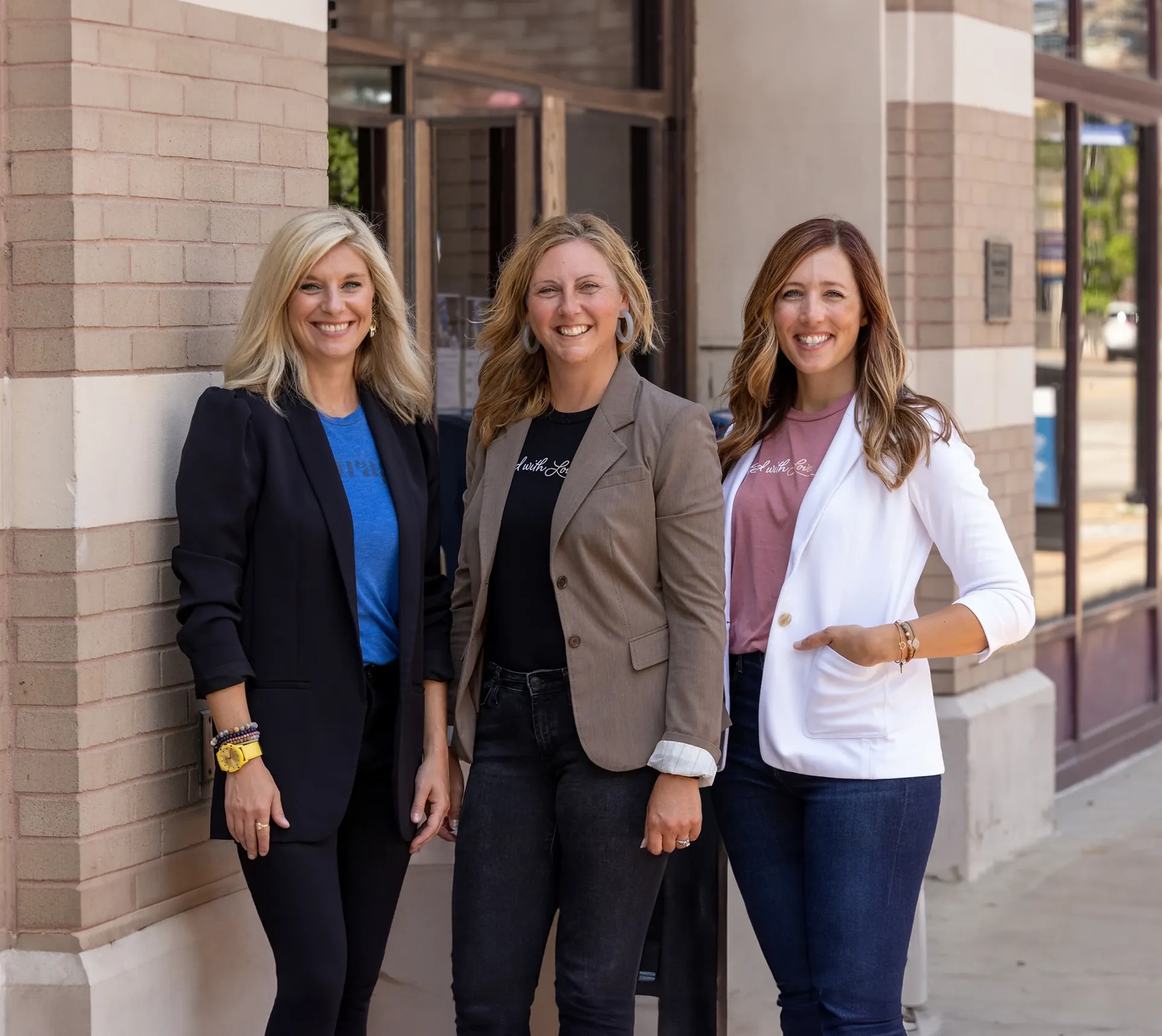
We say yes to too much or we get so busy we aren’t doing the right things anymore.
As we enter a new year, we consider how much has changed. What do we need to prioritize? What do we need to make room for?
Before we think about what more we want to do, the growth milestones we want to hit and goals we want to achieve, make room to consider these questions: What matters most? What do we need to let go of? What should we stop doing?
Many of us spent a lot of energy resisting the changes that happened the last couple of years and wished for things to go back to the way they were. We have our energy stuck in that resistance instead of moving forward into what could be. We have settled into thoughts, patterns and behaviors without even knowing it that keeps us from being and doing our best.
Maybe in our personal lives we need to let go of fear, resentment, shame, guilt. The desire for comfort. Old thoughts, behaviors and relationships that are no longer serving us. Old viewpoints that no longer serve us.
In our professional lives maybe we need to let go of distraction and perfection. The desire for control. Doing what is easy versus what is right. Old systems and structures that are no longer working in this new environment. Old definitions of success that no longer make sense.
Letting go of what was to make room for what could be also means identifying what we need to stop doing.
We say yes to too much or we get so busy we aren’t doing the right things anymore.
We settle into habits, routines and ways of doing things that no longer serve us.
Greg McKeown, author of “Essentialism: The Disciplined Pursuit of Less” said, “Sometimes what you don’t do is just as important as what you do.” He tells the story that if you want to be a nicer person, instead of doing more nice things it’s actually more impactful to stop doing mean things.
In your personal life, maybe you need to stop talking negatively to yourself or about others. Blaming others. Stop hustling and make time to rest. In your professional life, maybe you need to stop attending meetings that are ineffective. Staying silent about things that matter. Making excuses.
It takes a lot of courage to explore these things, because in order to make change we have to face the reality of what is and we don’t like to talk about or face what isn’t working or what’s broken.
When we know something could or should be different, we have to decide whether we are going to do something about it.
Another reason it takes courage to let go of what was to make room for what could be is because we never know what is on the other side of change. We don’t deal well with letting go. We aren’t equipped with the coping strategies to deal with change, so we get stuck in our fear and stay comfortable or play it safe, keeping ourselves from reaching our full potential.
Instead of focusing on what we might lose by letting go, we want to focus on what we could gain. Because of what we’ve been through the last 18-plus months, things have changed quite dramatically. There is opportunity in it. There are better ways forward for our life, leadership and work if we are willing to face the tough questions, such as:
- What pain points am I experiencing individually? Organizationally?
- What should change?
- What should not change?
- What is something I need to let go of?
- Who is someone I need to forgive?
- What habits no longer serve me?
- What relationships no longer serve me?
Take these ideas and questions to your family, team, organization and community. Build a “letting go and stop doing“ practice into your life and work.

Lindsay Leahy of Cedar Rapids is founder of The Restoration Project.
Opinion content represents the viewpoint of the author or The Gazette editorial board. You can join the conversation by submitting a letter to the editor or guest column or by suggesting a topic for an editorial to editorial@thegazette.com


